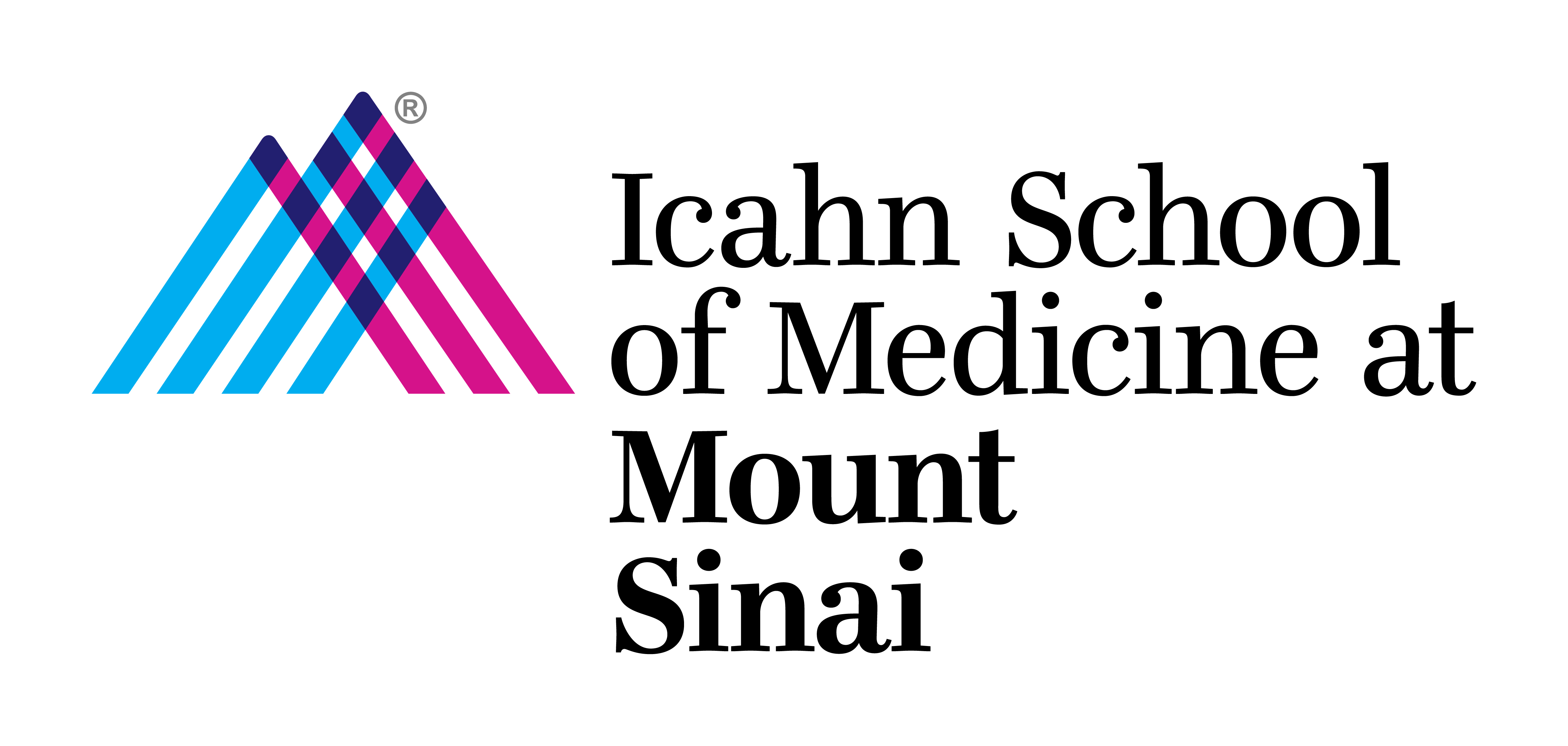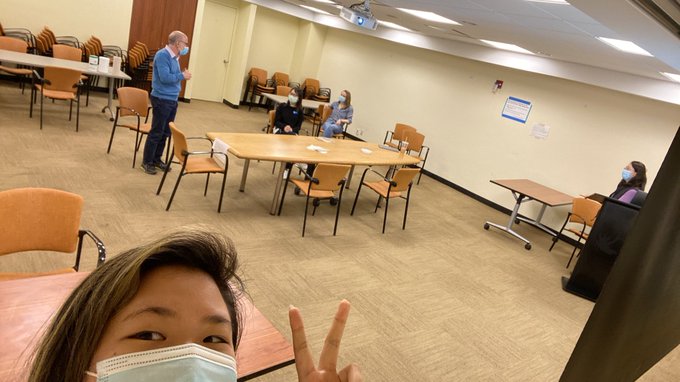Research
The Krauss lab is interested in how cell-cell adhesion and signal transduction pathways interact to regulate cell fate during embryonic developmental and adult tissue regeneration. We use a wide combination of approaches to gain insight into how genes and the environment interact in causation of common birth defects, and how adult stem cells are called into action to repair injury to tissues.
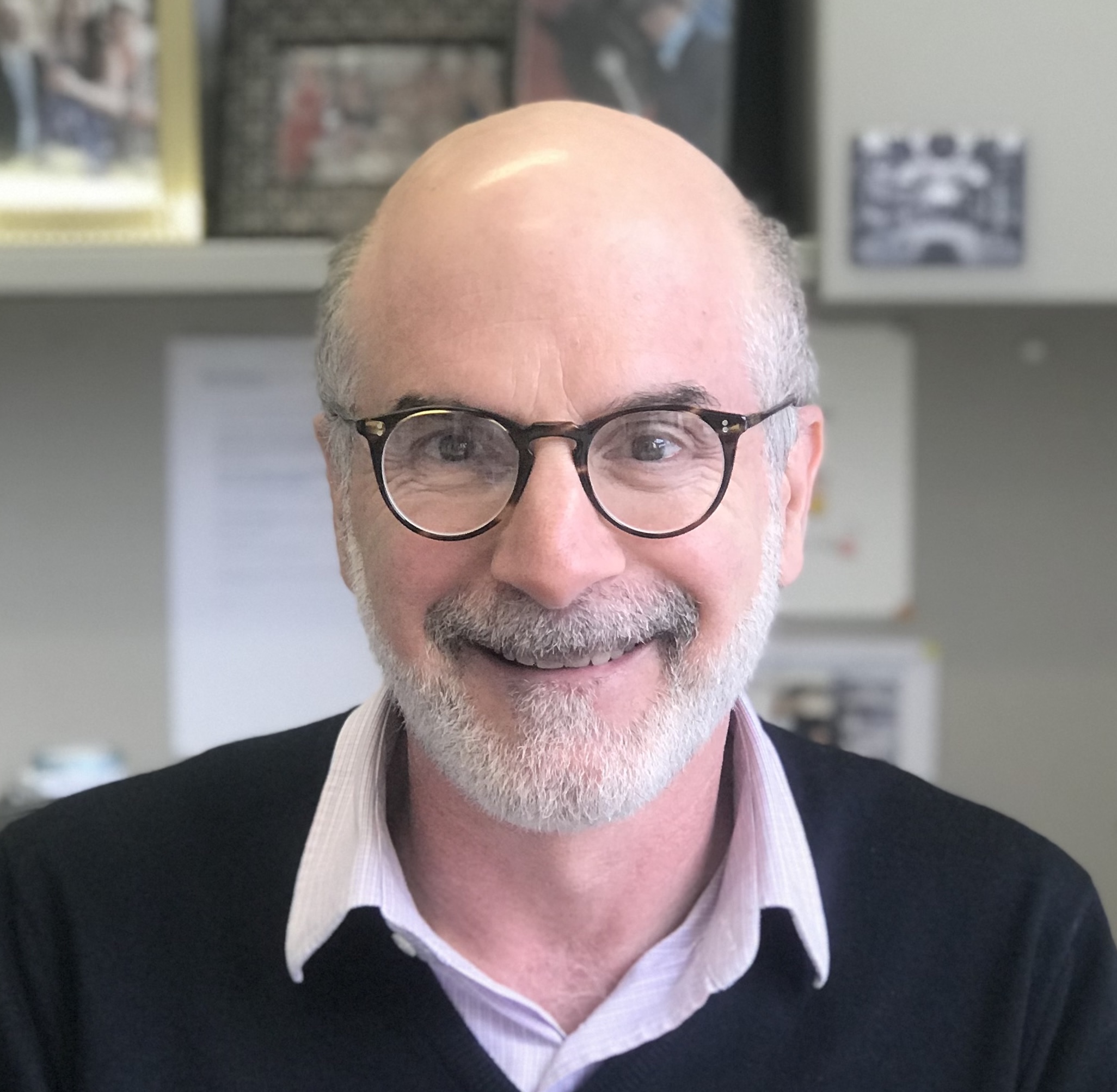
Robert S Krauss, PhD
Robert.Krauss@mssm.edu
Professor, Stem Cell Biology and Regenerative Medicine
Current Projects
Skeletal muscle stem cells
Skeletal muscle stem cells (MuSCs) are the source of skeletal muscle’s remarkable regenerative properties. MuSCs are maintained in a quiescent state during homeostasis but upon muscle injury they activate, proliferate, and differentiate to form new muscle. Mechanisms whereby quiescent stem cells sense and respond to tissue damage are, however, a persistent enigma in regenerative biology. Our recent work revealed that quiescent MuSCs have long, elaborate cellular projections that respond to injury via a Rac-to-Rho GTPase activity switch. This leads to retraction of projections and cytoskeletal remodeling, which in turn drives downstream MuSC activation events. Current studies focus on how projections sense tissue injury and how cytoskeletal regulation controls quiescence vs. activation states.
Modeling holoprosencephaly in the mouse
The causes of individual cases of most common birth defects are unknown but likely involve a combination of genetic predisposition and environmental exposures. Holoprosencephaly (HPE) is a common developmental disorder caused by failure to define the midline of the forebrain and/or midface, and serves as a model system for this problem. HPE is associated with heterozygous mutations in Nodal, Hedgehog (HH), and other pathways, but clinical presentation is highly variable, and many mutation carriers are unaffected. It is therefore thought that such mutations interact with more common modifiers, genetic and/or environmental, to produce severe patterning defects. We have developed mouse models for HPE that accurately reflect its complex etiology in humans. Current studies focus on molecular mechanisms whereby genetic and environmental risk factors synergize to produce adverse developmental outcomes. Such findings offer potential for preventive strategies.
Featured Recent Publications
Krauss, R.S. and M. Kyba. (2025). When everything is a master regulator, nothing is. Mol Biol Cell, 36:pe3, 1-4. https://www.molbiolcell.org/doi/10.1091/mbc.E24-11-0494?url_ver=Z39.882003&rfr_id=ori:rid:crossref.org&rfr_dat=cr_pub%20%200pubmed
Hung, M., H.-F. Lo, A.G. Beckman, D. Demircioglu, G. Damle, D. Hasson, G.L. Radice, and R.S. Krauss. (2024). Cadherin-dependent adhesion is required for muscle stem cell niche anchorage and maintenance. Development, 151:1-16, dev.202387. https://journals.biologists.com/dev/article/151/7/dev202387/346476/Cadherin-dependent-adhesion-is-required-for-muscle?guestAccessKey=d5edfa4e-acac-4706-bd38-f64c8f9e26eb
Hung, M., Lo, H.-F., Jones, G.E.L., and R.S. Krauss. (2023). The muscle stem cell niche at a glance. J Cell Sci, 136: jcs261200. https://journals.biologists.com/jcs/article/136/24/jcs261200/337756/The-muscle-stem-cell-niche-at-a-glance?guesAccessKey=a688cfa6-000c-434c-adc4-802d89e59de2
Krauss, R.S. and A.P. Kann. (2023). Muscle stem cells get a new look: Dynamic cellular projections as sensors of the stem cell niche. BioEssays 45:1-9, 10.1002/bies.202200249 https://onlinelibrary.wiley.com/doi/10.1002/bies.202200249
Lipinski, R.J. and R.S. Krauss. (2023). Gene-environment interactions in birth defect etiology: Challenges and opportunities. Curr Top Dev Biol 152:1-30. https://www.sciencedirect.com/science/article/pii/S0070215322001028?via%3Dihub
Krauss, R.S. (2023). Materialism meets transcendence. Searching: Our Quest for Meaning in the Age of Science. Science, 379:36. https://www.science.org/stoken/author-tokens/ST-938/full
Kann, A.P., Hung, M., Wang, W., Nguyen, J., Gilbert, P.M., Wu, Z., and Krauss, R.K. (2022). An injury-responsive Rac-to-Rho GTPase switch drives activation of muscle stem cells through rapid cytoskeletal remodeling. Cell Stem Cell, https://doi.org/10.1016/j.stem.2022.04.016
Lo, H.-F., M. Hong, and R.S. Krauss. (2021). Concepts in multifactorial etiology of developmental disorders: gene-gene and gene-environment interactions in holoprosencephaly. Front Cell Dev Biol., 10.3389/fcell.2021.795194 https://www.frontiersin.org/articles/10.3389/fcell.2021.795194/full
Lo, H-F., Hong, M., Szutorisz, H., Hurd, Y.L., and R.S. Krauss. (2021). Δ9-Tetrahydrocannabinol inhibits Hedgehog-dependent patterning during development. Development, 148(19). https://doi.org/10.1242/dev.199585
Kann, A.P., Hung, M., and R.S. Krauss. (2021). Cell-cell contact and signaling in the muscle stem cell niche. Curr Opin Cell Biol, 73:78-83. https://www.sciencedirect.com/science/article/pii/S0955067421000703
Hong, M., A. Christ, A. Christa, T.E. Willnow and R.S. Krauss. (2020). Cdon mutation and fetal alcohol converge on Nodal signaling in a mouse model of holoprosencephaly. eLife, 9:e60351
https://elifesciences.org/articles/60351
Kann, A.P. and R.S. Krauss. (2019). Multiplexed RNAscope and immunofluorescence on whole-mount skeletal myofibers and their associated stem cells. Development, 146:1-9, dev179259. https://dev.biologists.org/content/146/20/dev179259.abstract
Hong, M., K. Srivastava, S. Kim, B.L. Allen, D.J. Leahy, P. Hu, E. Roessler, R.S. Krauss* and M. Muenke*. (2017). BOC is a modifier gene in holoprosencephaly. Hum Mutat., 38:1464-1470.
https://onlinelibrary.wiley.com/doi/full/10.1002/humu.23286
Goel, A.J., M.K. Rieder, H.H. Arnold, G.L. Radice, and R.S. Krauss. (2017). Niche cadherins control the quiescence-to-activation transition in muscle stem cells. Cell Reports, 21:2236-2250.
https://www.sciencedirect.com/science/article/pii/S2211124717315826?via%3Dihub
Meet the Team

Robert Krauss
Professor
Robert.Krauss@mssm.edu
Rob is interested in how cell adhesion and signal transduction interact to make stuff happen in developing embryos and regenerating tissues. His students and postdocs have been making him look good for a long time.
Mingi Hong
Research Assistant Professor
Mingi.Hong@mssm.edu
Mingi is a Research Assistant Professor interested in gene-environment interactions during development and how they contribute to the etiology of birth defects. Living things thrive around her, including the plants in the lab and her wonderful cat.
Vivian Lo
Postdoctoral Fellow
loh01@mssm.edu
Vivian is a postdoc interested in regulation of Shh signaling during early central nervous system development. Outside the lab, her favorite pastime is watching live sporting events in NYC, especially the US Open.
Grace Jones
PhD Student
grace.jones@icahn.mssm.edu
Grace is a fourth-year PhD student interested in the role of GTPases in muscle stem cell quiescence and activation. She loves trying new restaurants in New York, spending time with her cat, and finding friends who share her love for tacos and margs.
Pranav Reddy
Master’s Student
pranav.reddy@icahn.mssm.edu
Pranav is a second-year Master’s student interested in studying muscle stem cell projection dynamics during quiescence. He likes puzzles, board games, and trying to read.
Angelina Kramer
Research Associate
angelina.kramer@mssm.edu
Angelina is a research associate, planning on pursing her PhD. She enjoys trying new foods in the city, and hanging out with her dog.
Alumni
Gyu-un Bae Professor • Sookmyung Womens University • Seoul, Republic of Korea
Francesca Cole Associate Professor • Molecular Carcinogenesis • MD Anderson Cancer Center • Smithville, TX
Iris Cheng City Research Scientist • New York City Department of Health
Daisuke Chihara Postdoctoral Researcher • Institut Curie • Paris, France
Jessica Feinleib Assistant Professor • Anesthesiology • Yale School of Medicine • New Haven, CT
Aviva Goel Beckmann Vice President • Precision Medicine • Pathos Biotechnology • New York, NY
Maggie Hung Senior Scientist • Regeneron Pharmaceuticals • Tarrytown, NY
Guoying Jiang Executive/Senior Director • Head of Analytical Development & Quality Control • Genentech • South San Francisco, CA
Giselle Joseph Principle Scientist • Novartis Institute for Biomedical Research • Cambridge, MA
Jong-Sun Kang Professor • Samsung Biomedical Research Institute • Sungkyunkwan University School of Medicine • Suwon, Republic of Korea
Allison Kann Postdoctoral Fellow • Harvard University • Cambridge, MA
Sarah Knox Professor • Cell and Tissue Biology • UC San Francisco, CA
Youl-Nam Lee Managing Director, Business Development Division, Ensol Biosciences, • Sung Nam, Republic of Korea
Min Lu Director • Oncology Translation Medicine • Moderna• Cambridge, MA
Philip Mulieri Danbury Orthopedics • Danbury, CT
Marysia-Kolbe Rieder Genetic Counselor • Yale School of Medicine • New Haven, CT
Anthony Romer Associate Director • Stem Cell Research and Development • ElevateBio • Cambridge, MA
Karen Schachter Scientist • Stem Cell Development • Novo Nordisk • Denmark
Dario Sirabella Associate Research Scientist • Stem Cell Core Columbia University Medical Center • New York, NY
Giichi Takaesu Associate Professor • University of the Ryukyus • Okinawa, Japan
Jaw-Ji Yang Professor • Chung Shan Medical University • Taichung, Taiwan
Wei Zhang Principle Scientist • UCB Pharmaceuticals • Winchester, MA
Photos and Happenings!
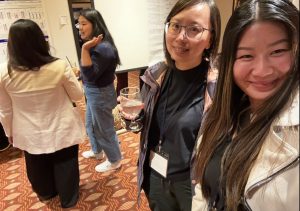
The muscle gals reunited in Oregon, USA
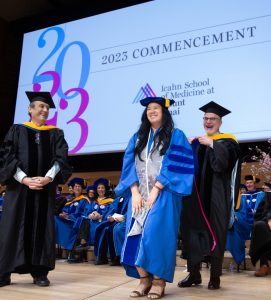
Maggie graduates with her PhD!
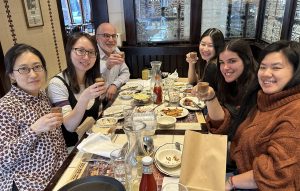
Lab lunch at 2nd Ave Deli!
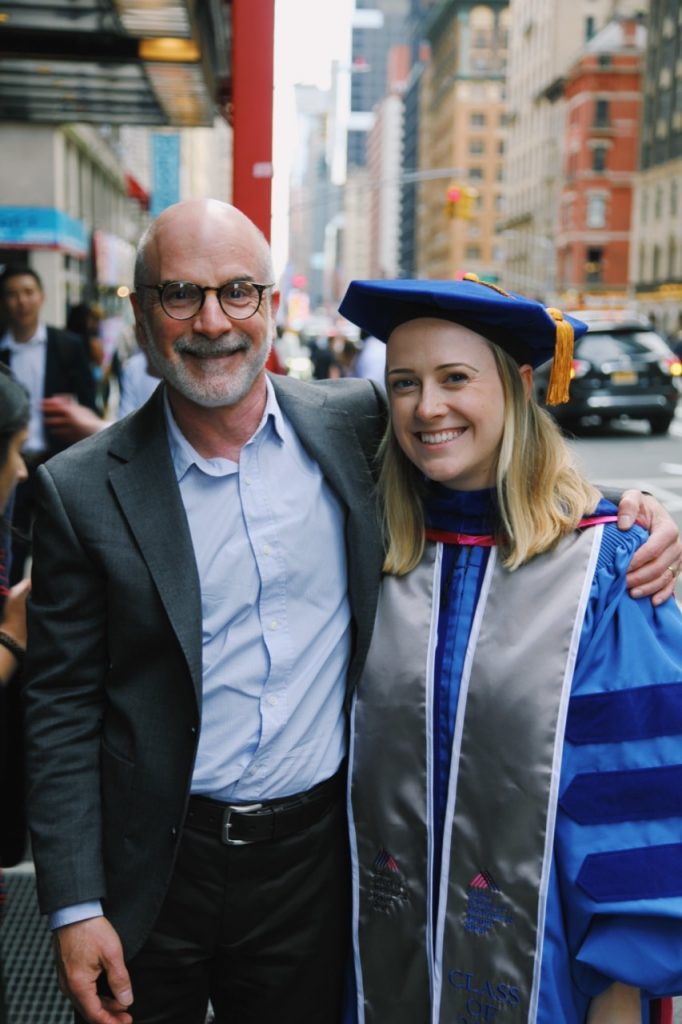
Allison graduates with her PhD!
Pandemic lab meetings look a little bit different…
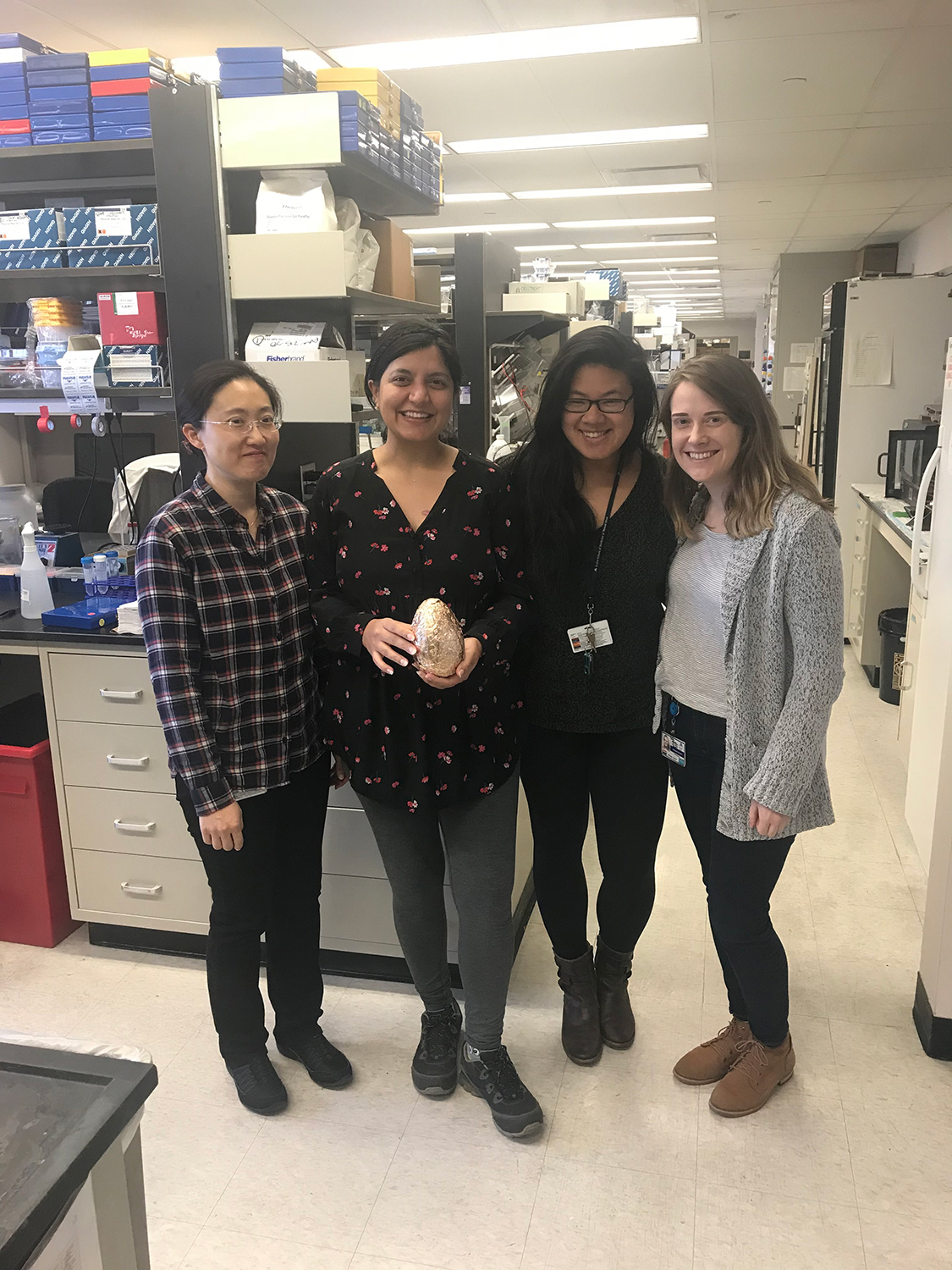
The chick lab with an egg
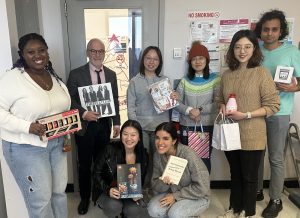
The Krauss lab sleighs at Secret Santa!
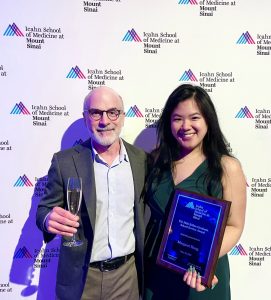
Maggie receives the Miki Rifkin Graduate School Service Award!
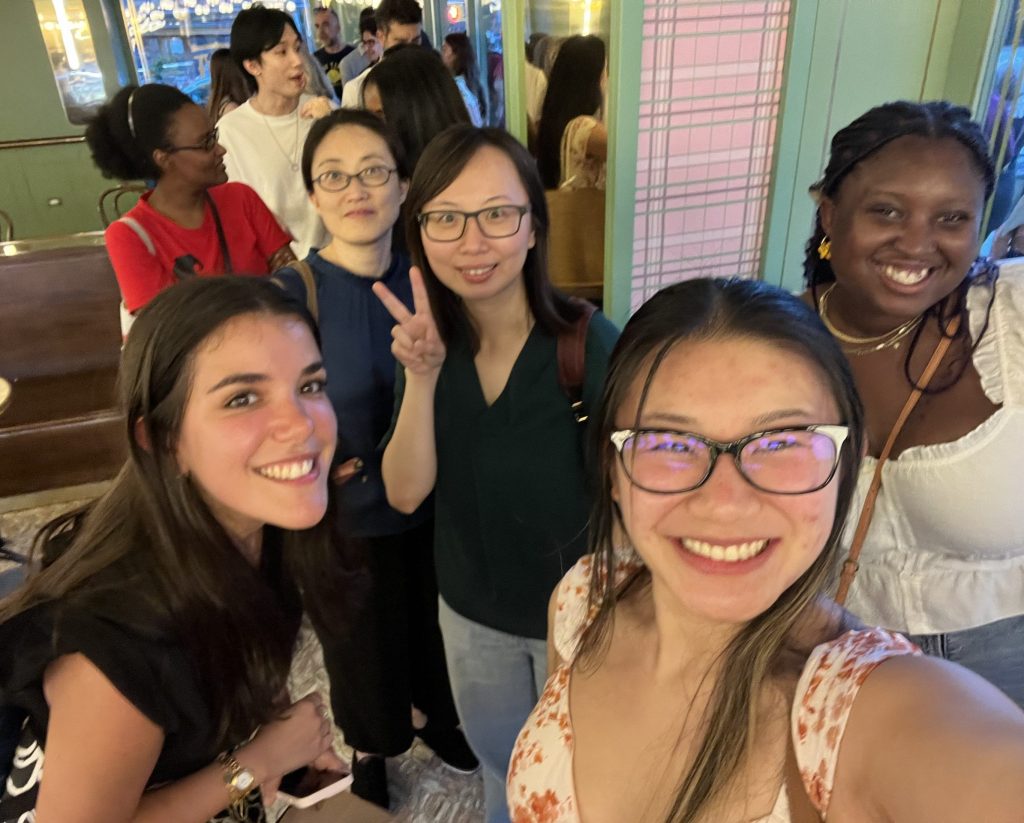
We love gelato almost as much as we love science!
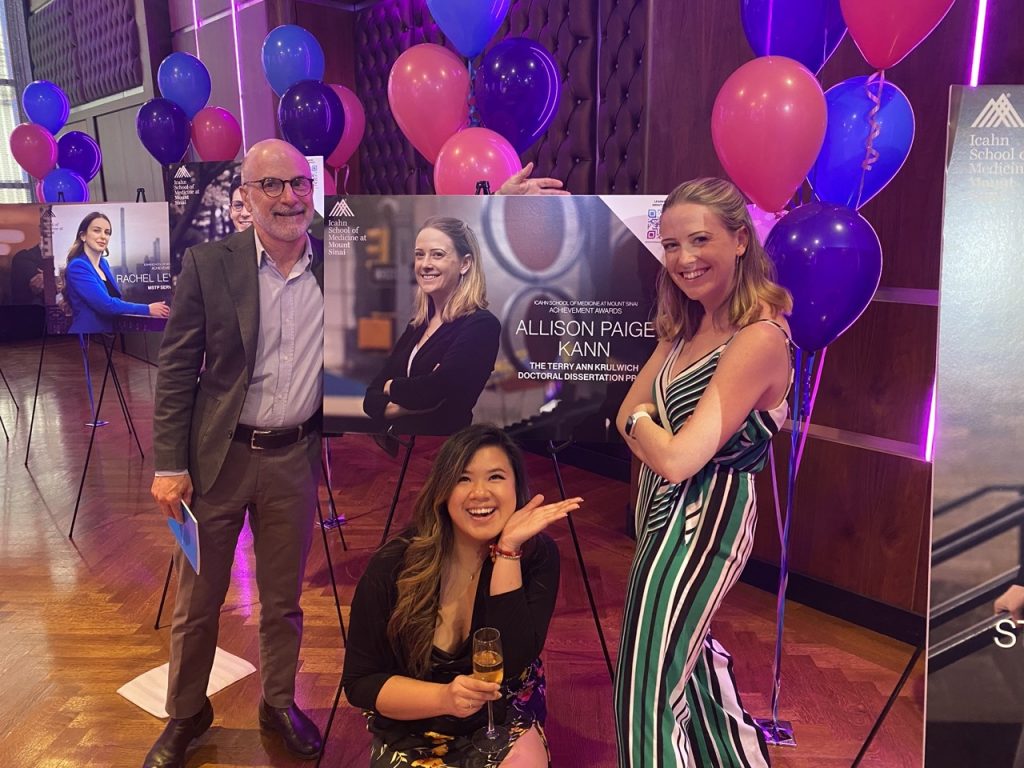 Allison wins the Terry Krulwich Doctoral Dissertation Prize!
Allison wins the Terry Krulwich Doctoral Dissertation Prize!
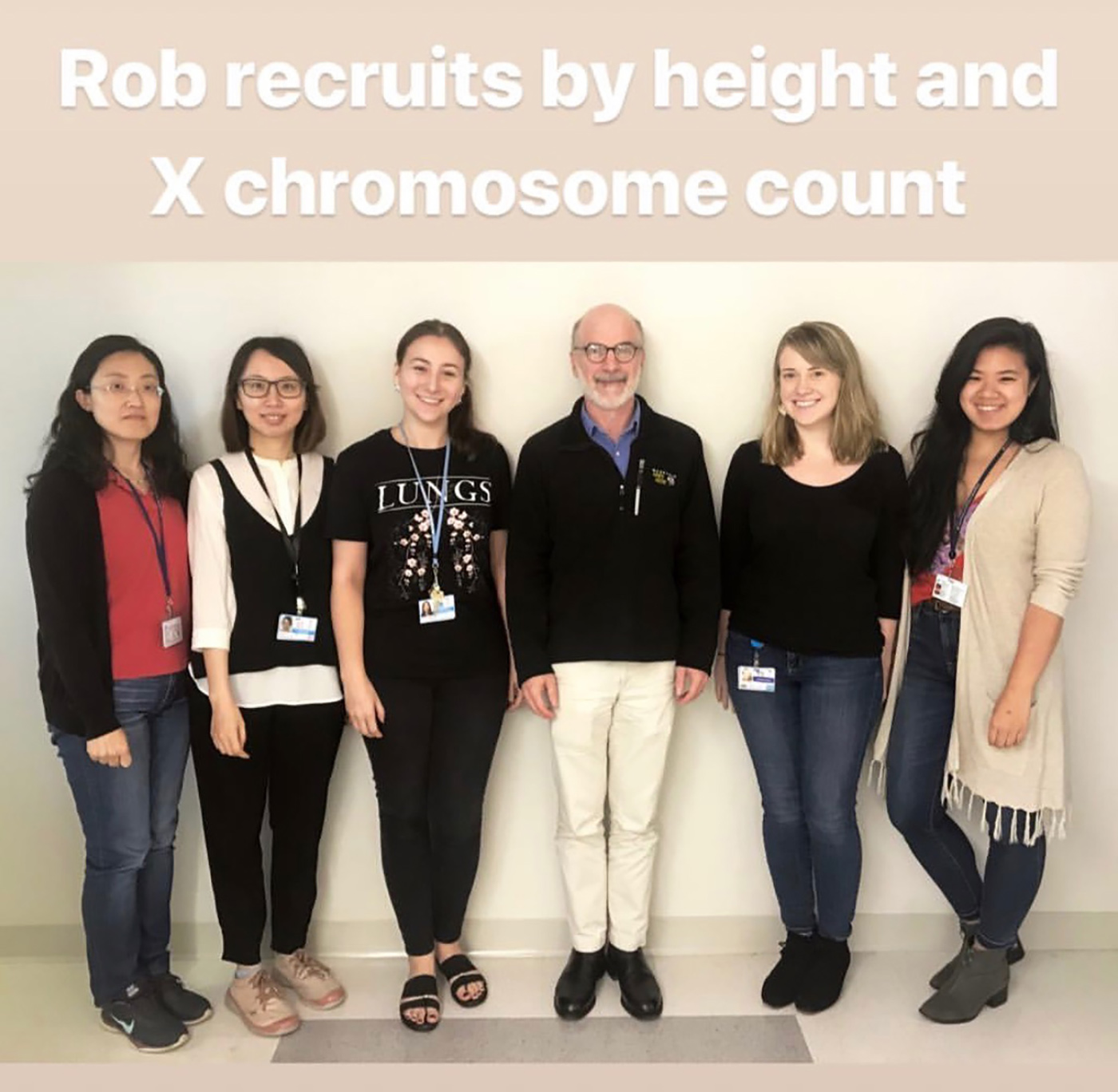
The secret is out
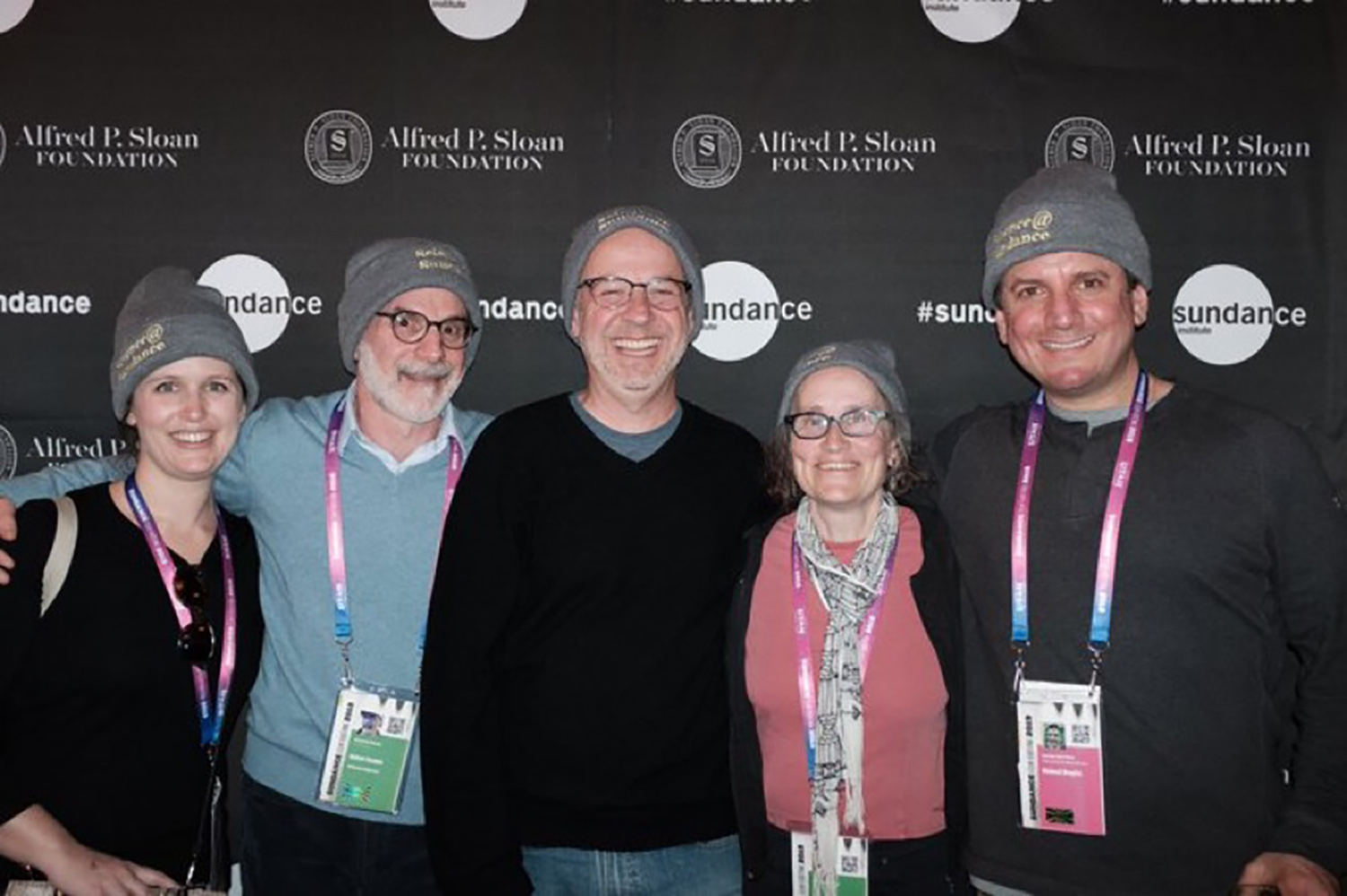
Rob attends the Sundance Film Festival and reviews films for Science
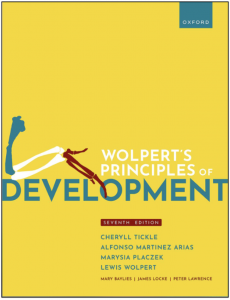
Mingi’s 2020 eLife paper is featured in the new edition of the textbook, Wolpert’s Principles of Development!
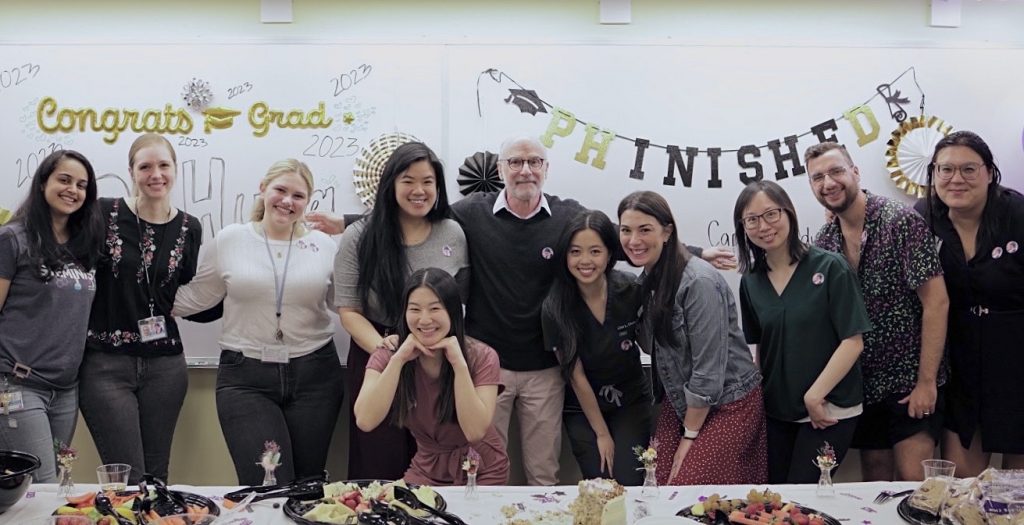
Maggie’s defense party!
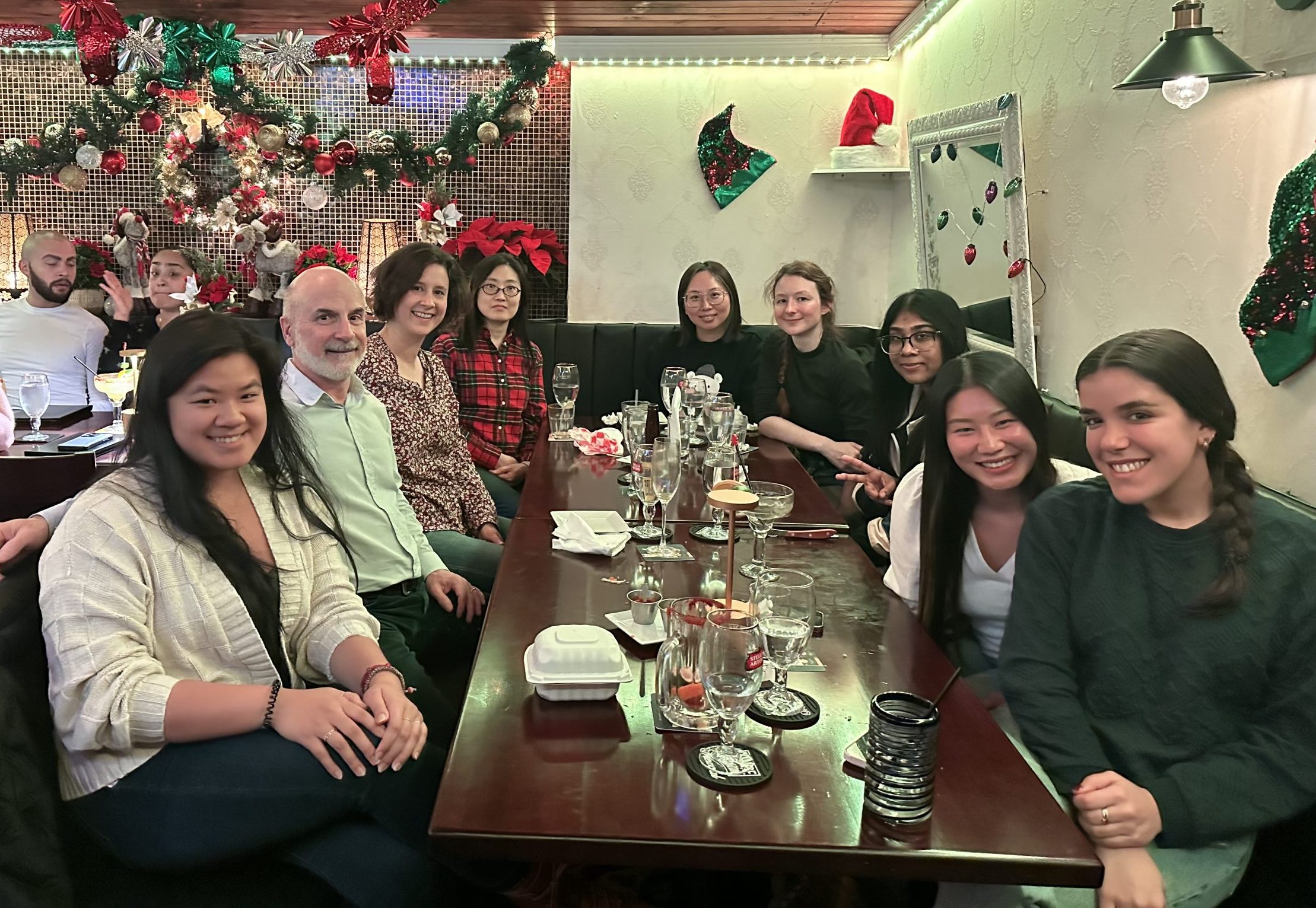
Our friends Caro and Anna visit from France!
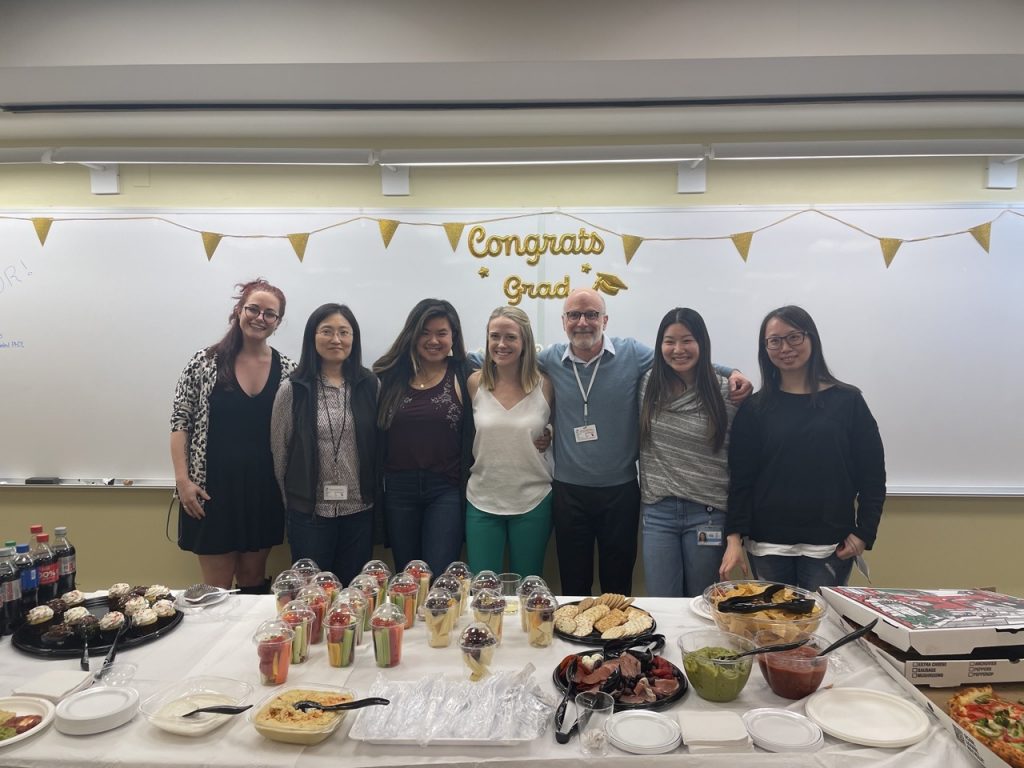 Allison’s defense party!
Allison’s defense party!
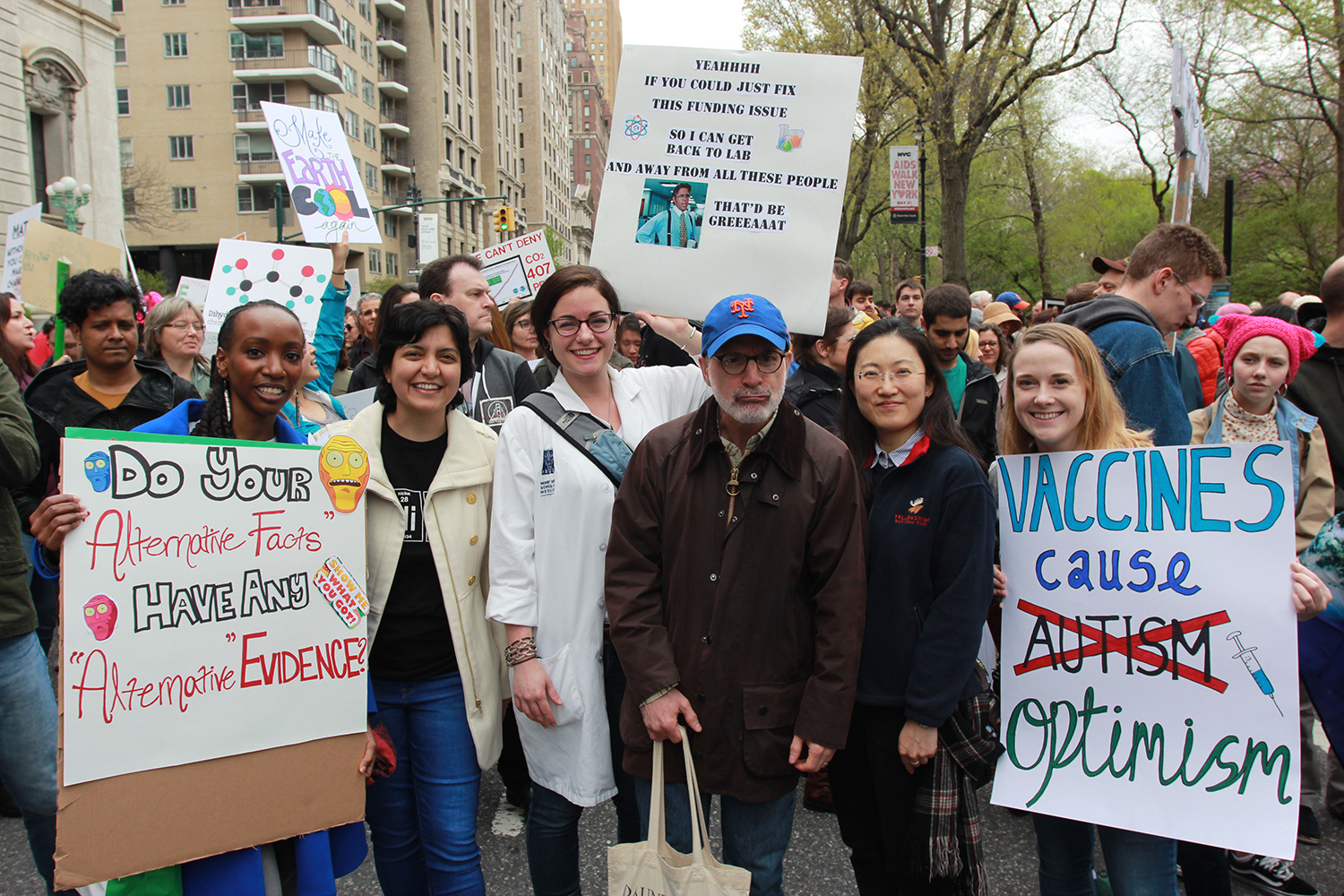
Krauss lab at the March for Science
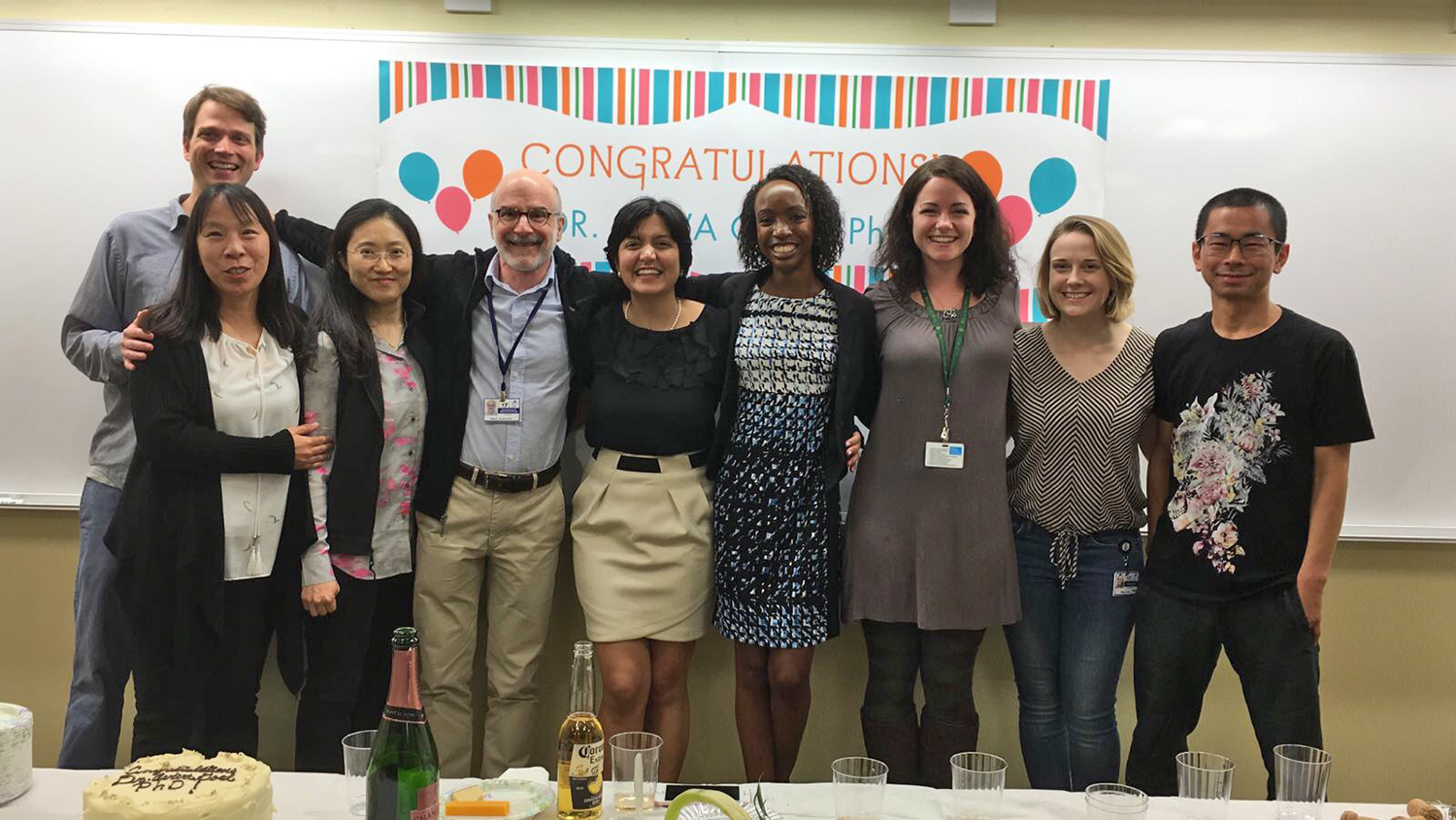
Aviva’s defense party!
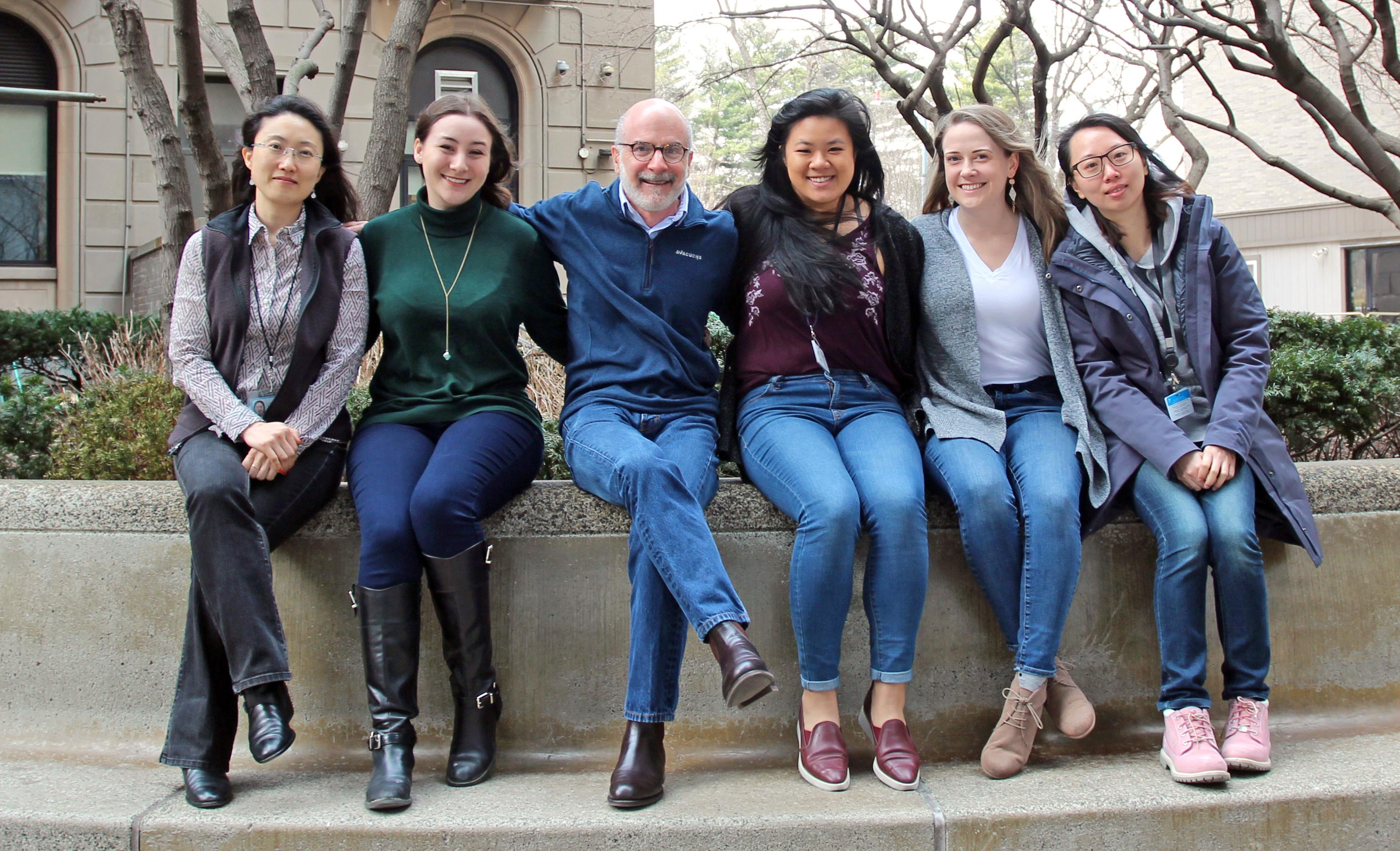
Krauss lab 2018
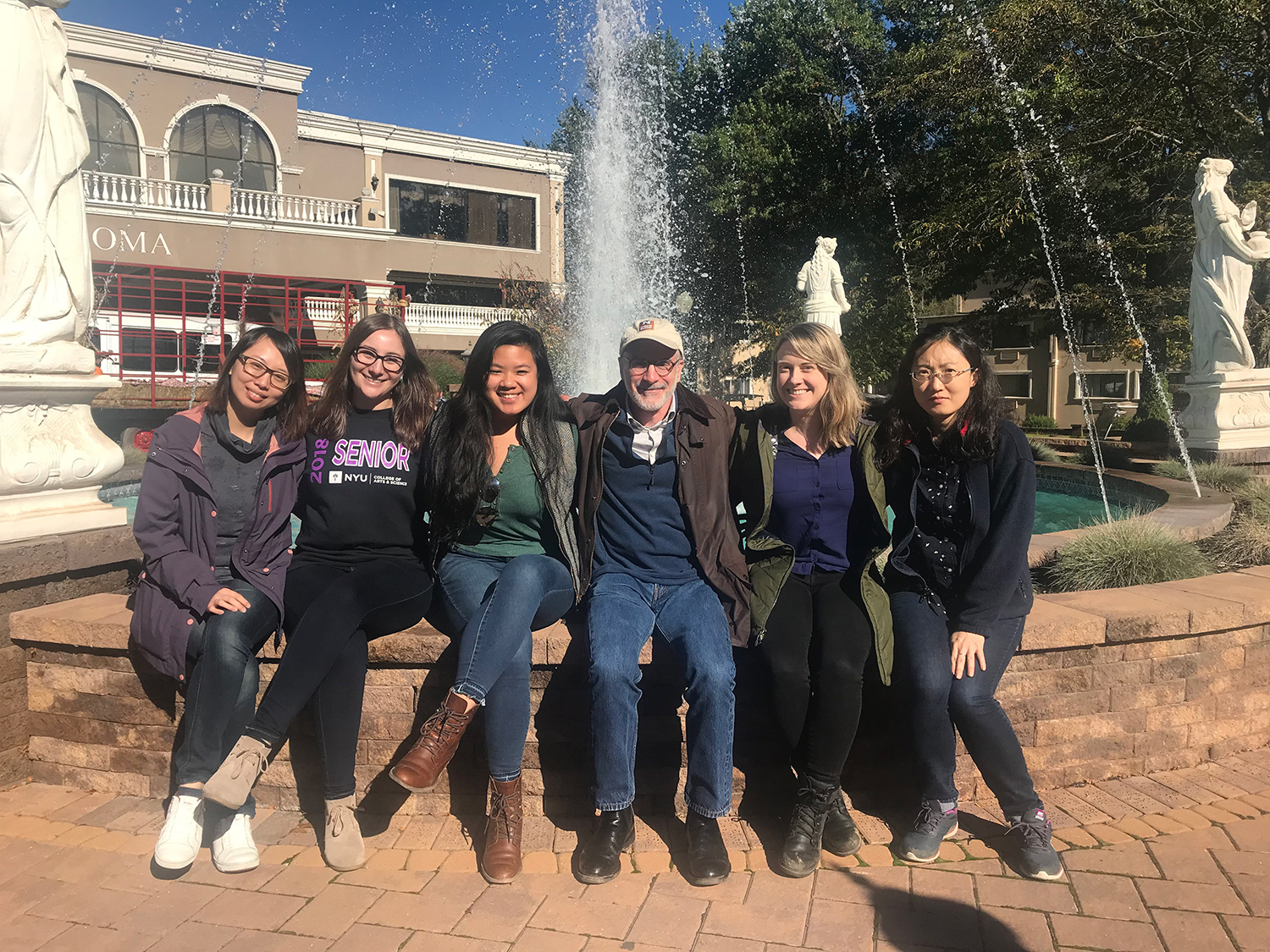
Krauss lab at the 2018 departmental retreat
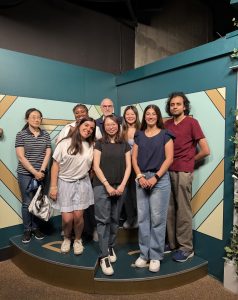
Traded our pipettes for putters at Swingers mini golf
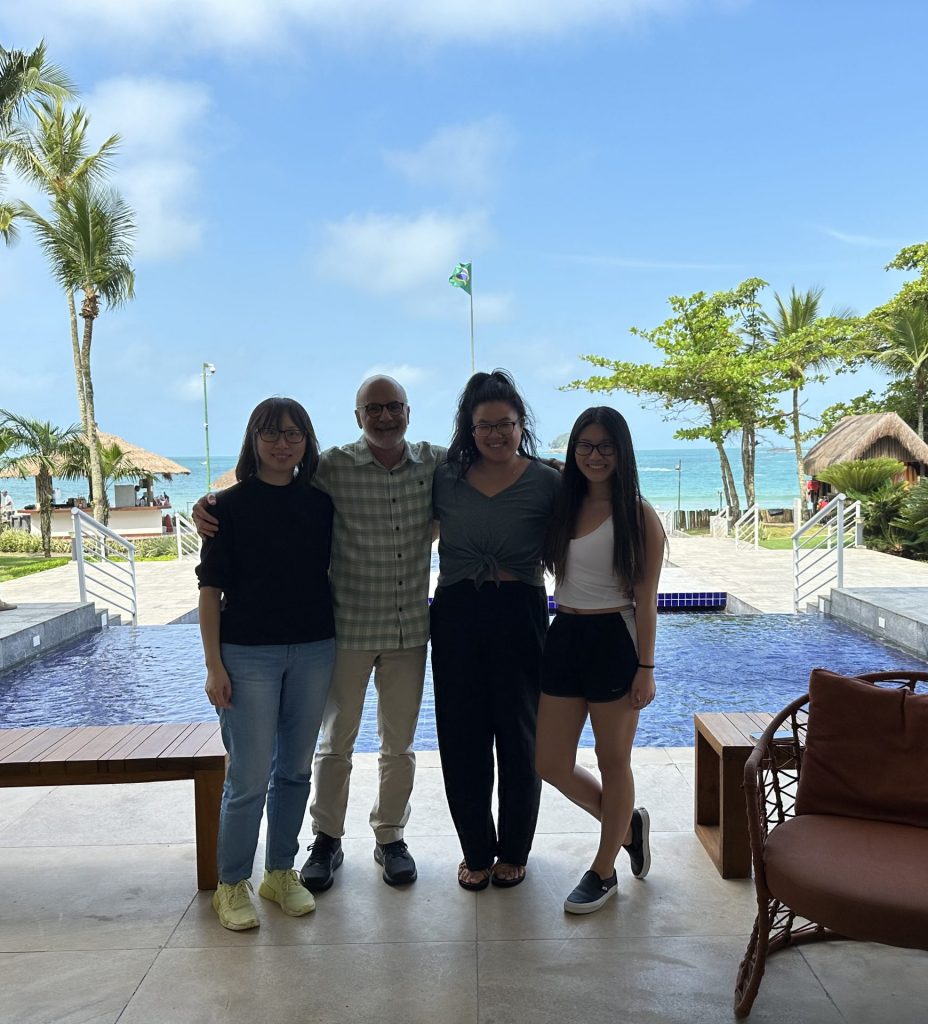
Frontiers in Myogenesis conference in Brazil!
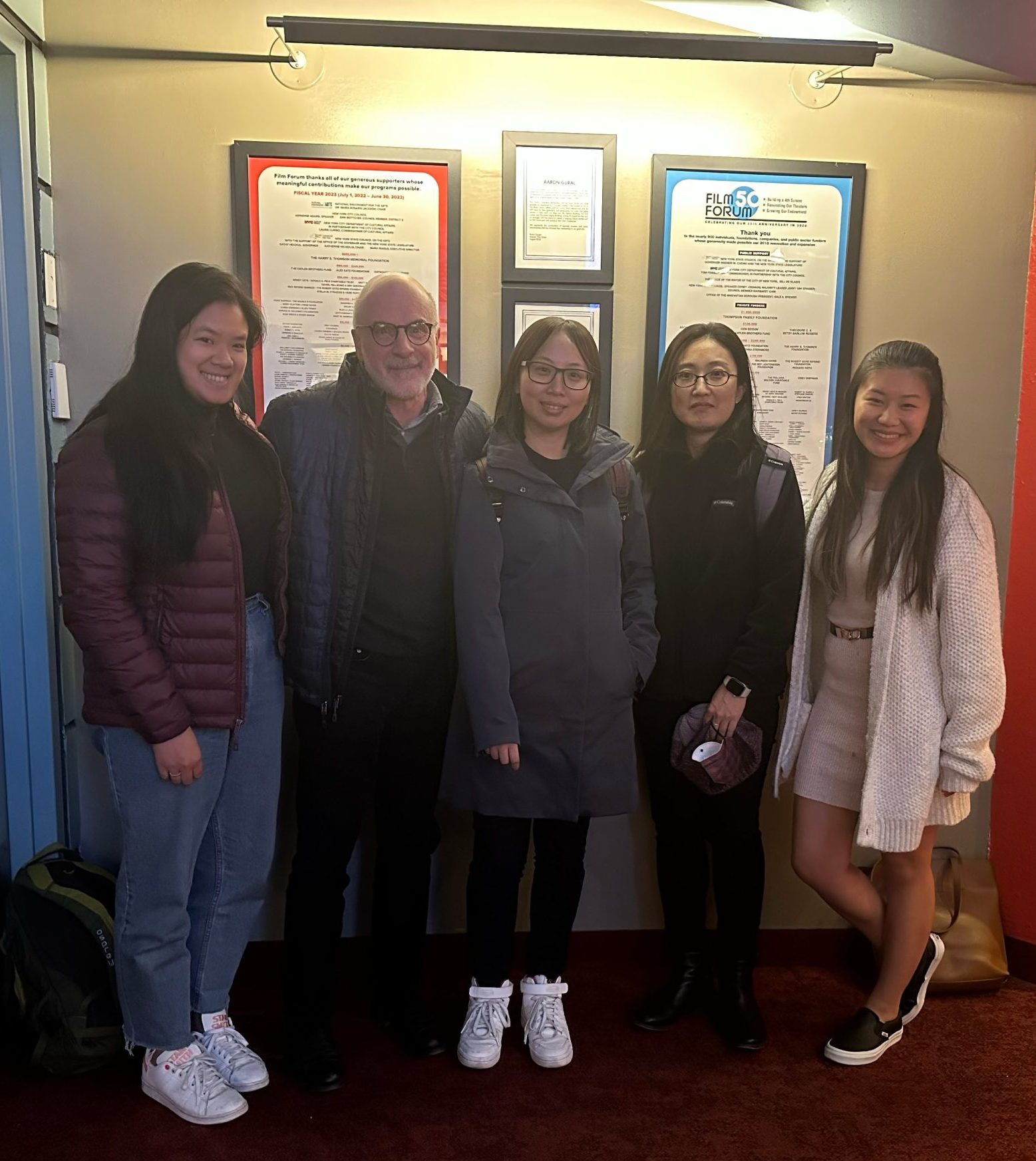
The Krauss lab hits Film Forum!
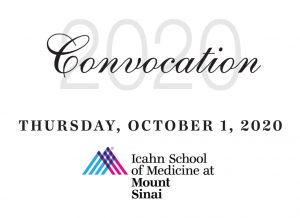
Rob is installed as Mount Sinai Professor in Cell Biology!
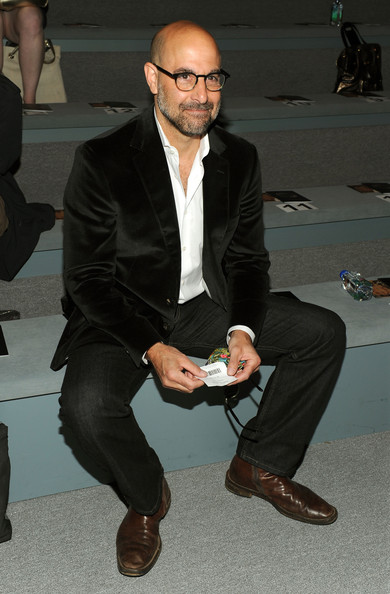
RK and ST – separated at birth?
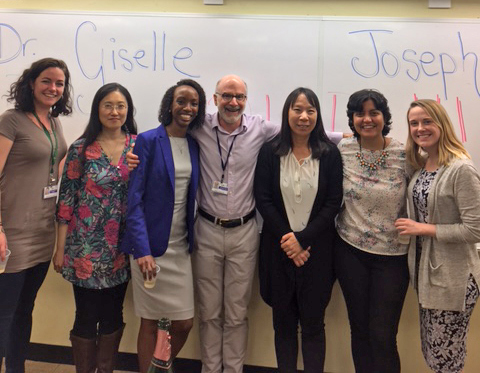
Giselle’s defense party!
Contact Us
Krauss Laboratory
Robert.Krauss@mssm.edu
Professor, Cell, Developmental, and Regenerative Biology
Location
Annenberg 25-70
Phone
Office: 212.241.2177
Lab: 212.241.9794
